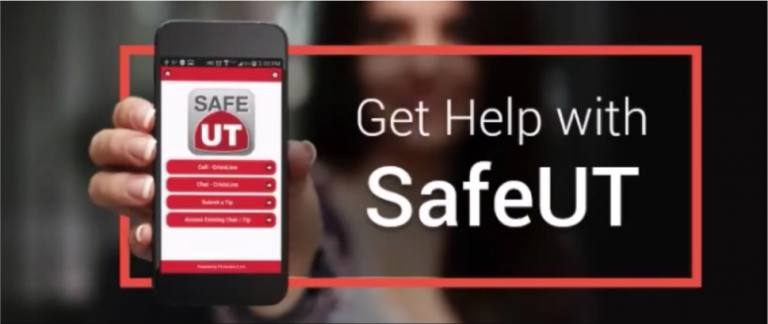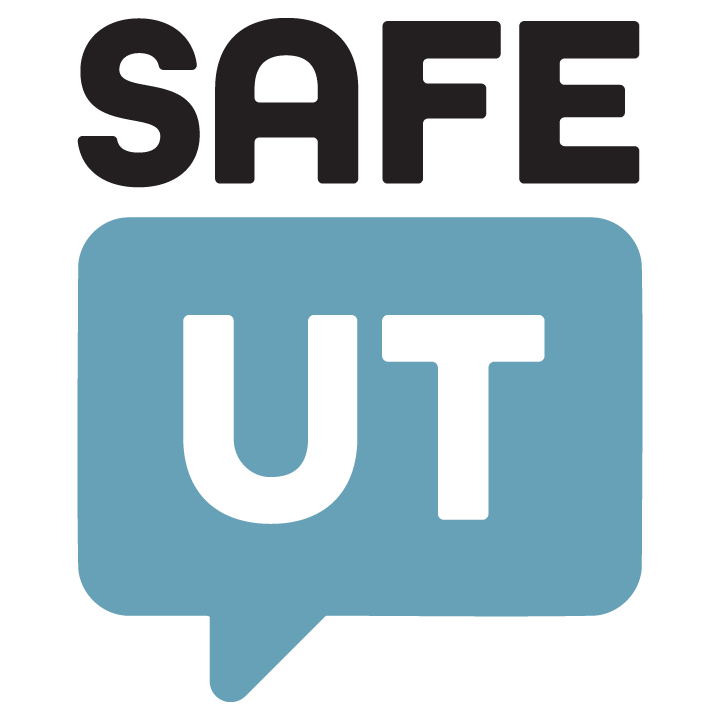Need Help?
Call the Lifeline.
Text or Call 988
Call 911
If you or someone you know is in a life threatening emergency or in immediate danger of harming themselves.

Mental health crisis help
Call 911 and ask for a CIT Officer (Crisis Intervention Team). They are specially trained to help someone in a mental health crisis.

Educational Programs

The Utah Suicide Prevention Coalition and the Division of Substance Abuse and Mental Health are committed to training and education on curriculum that can help communities build capacity for effective suicide prevention. Trainings represent the commitment to training reflected in the Utah Suicide Prevention Plan as well as priorities in the National Strategy for Suicide Prevention.
Latino Behavioral Health Services

Providing emotional support and mental health services to the Latinx community in English and Spanish. For more information, please call (801) 935-4447 If you or someone you know needs emotional support at this time, please call our Emotional Support Line: (385) 495-2188
Proveyendo apoyo emocional y servicios de salud mental a la comunidad Latina en Ingles y Espanol. Para mas informacion, por favor llame al (801) 935-4447 Si usted o alguien que usted conozca necesita apoyo emocional en este momento, por favor llame a nuestra Linea de Apoyo Emocional: (385) 495-2188
Take a suicide prevention class
Would you know what to do if someone was thinking about suicide? Do you know the warning signs of suicide? What resources are available in your community to help those struggling with suicidal thoughts?
Ask directly about suicide
“Sometimes, people (in your situation or with your mental health condition) have thoughts about ending their life. Are you thinking about suicide”?
Listen with concern and empathy
Give the person the opportunity to tell you how they’re feeling and what they’re going through.
Get help
Call the National Suicide Prevention Lifeline (1-800-273-8255) to speak to a trained clinician 24/7. They can help you assess the risk of suicide and decide what to do next.
Create a safe space
Putting time and distance between a person at risk of suicide and a firearm can save a life. Remove firearms and lethal medications from the home, if possible, or take extra precautions to lock them up.
Be a support
- Involve family members, friends, or others to provide a safety net of support. Treatment from physicians and behavioral healthcare providers is often necessary even after the immediate crisis has passed. Recovery is a process that takes time and support.
- Help the person use a Safety Plan (like the one in the MY3 App) so they are prepared to manage returning thoughts of suicide.
- Check in on the person and help them stay engaged in treatment and on the road to recovery.
Tips for Seeking Treatment:
- Pair medication with talk therapy and self-help for greater impact.
- Talk to your provider about their experience treating suicide risk.
- Seek out specific treatments, like Dialectical Behavioral Therapy or Cognitive Behavioral Therapy.
- Call 211 for information on additional resources, especially if you are not insured.
Suicide prevention, campaigns and resources
Suicide prevention resources
Firearms and Suicide in the Communities We Serve
Firearms are the leading method of suicide in our area, responsible for half, or more, of suicides. Preventing firearm-related suicide is a major focus of Intermountain’s Zero Suicide work. Intermountain Healthcare makes gun locks available as a part of its efforts to reduce suicide and accidental injury in Utah and Southwestern Idaho.
Suicide prevention campaigns
Find your local behavioral health organization
If you are in search of your local resources click the button or the photo to go to the Division of Substance Abuse and Mental Health’s website. On this site, you will find the map shown, and will be able to click on your county to find the local mental health authority.

Find grief support groups
Grief from a suicide loss is unique and complicated. You may experience intense feelings of shock, despair, fear, anger, relief, guilt, or shame. These feelings are normal, even if they are directed at the person who died and do not mean you did not love them. It can often be helpful to have support from many different sources. Support groups can help you find others going through similar situations. To find a support group near you, click the button below.





